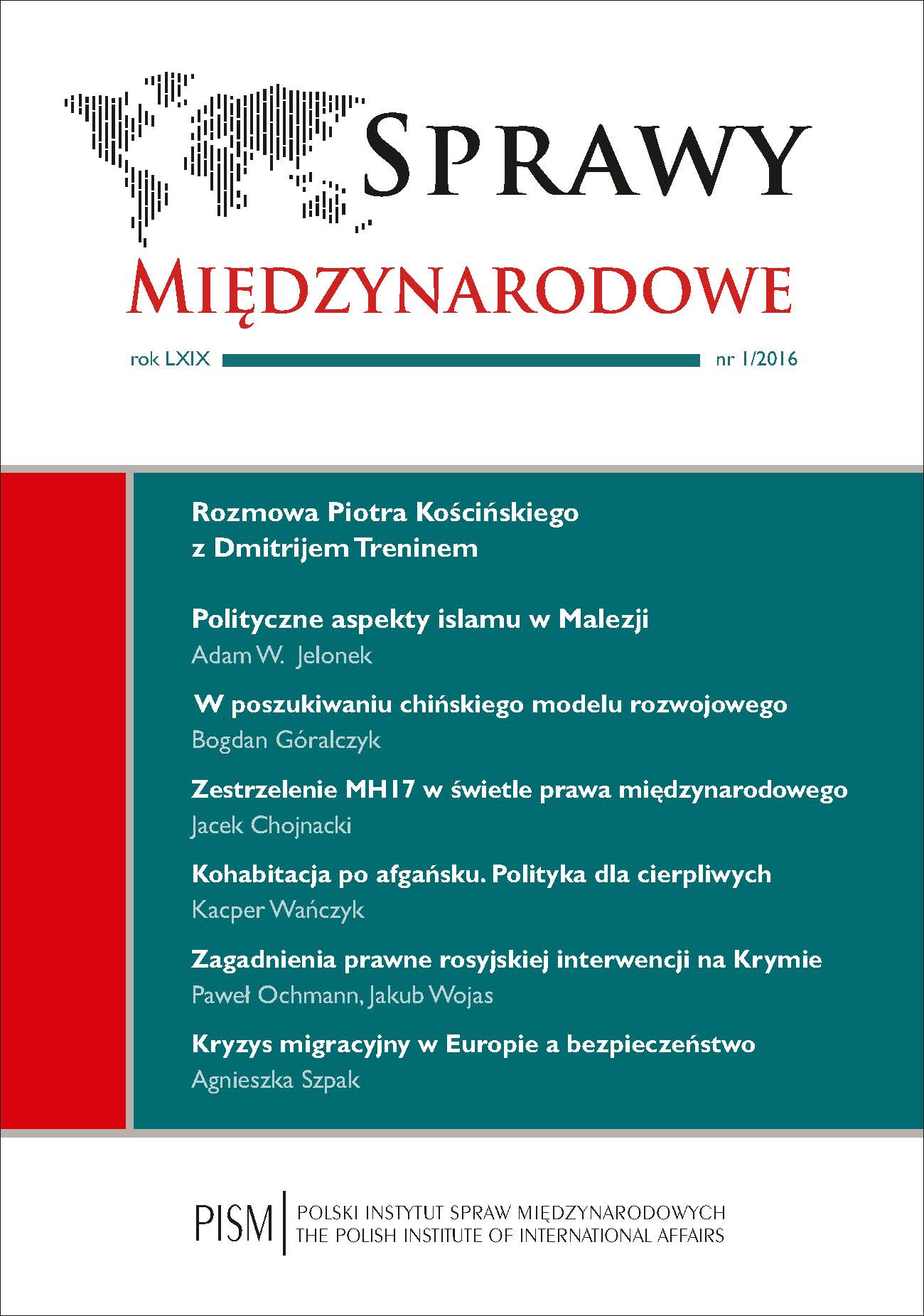Kohabitacja po afgańsku. Polityka dla cierpliwych
Cohabitation Afghan-style
Author(s): Kacper WańczykSubject(s): Politics / Political Sciences, Politics
Published by: PISM Polski Instytut Spraw Międzynarodowych
Keywords: Afghanistan;Cohabitation
Summary/Abstract: The article deals with the functioning of the National Unity Government in the Islamic Republic of Afghanistan. The formation of a government embracing both candidates that participated in the second round of 2014 presidential elections—Dr Ashraf Ghani as the president and Dr Abdullah Abdullah as the “CEO”—ensured a peaceful transfer of power, but a closer look at the National Unity Government reveals threats to its long-term stability. Those are rooted in the traditional expectations of the winners, as Ghani’s advocates look forward to high positions and money. At the same time, Ashraf Ghani is alienating some of his supporters, probably due to his genuine determination to reform the Afghan state. This could undermine his position, strengthening former president Hamid Karzai, who still has a say in internal Afghan politics, or Abdullah Abdullah. Another factor undermining the stability of the government in Kabul is the ongoing conflict with the Taliban and the presence of Daesh representatives in Afghanistan. Hence this government is an important experiment in the political history of the country, in particular due to the peaceful transfer of power, but the process has not been completed yet.
Journal: Sprawy Międzynarodowe
- Issue Year: 2016
- Issue No: 1
- Page Range: 74-88
- Page Count: 15
- Language: Polish

